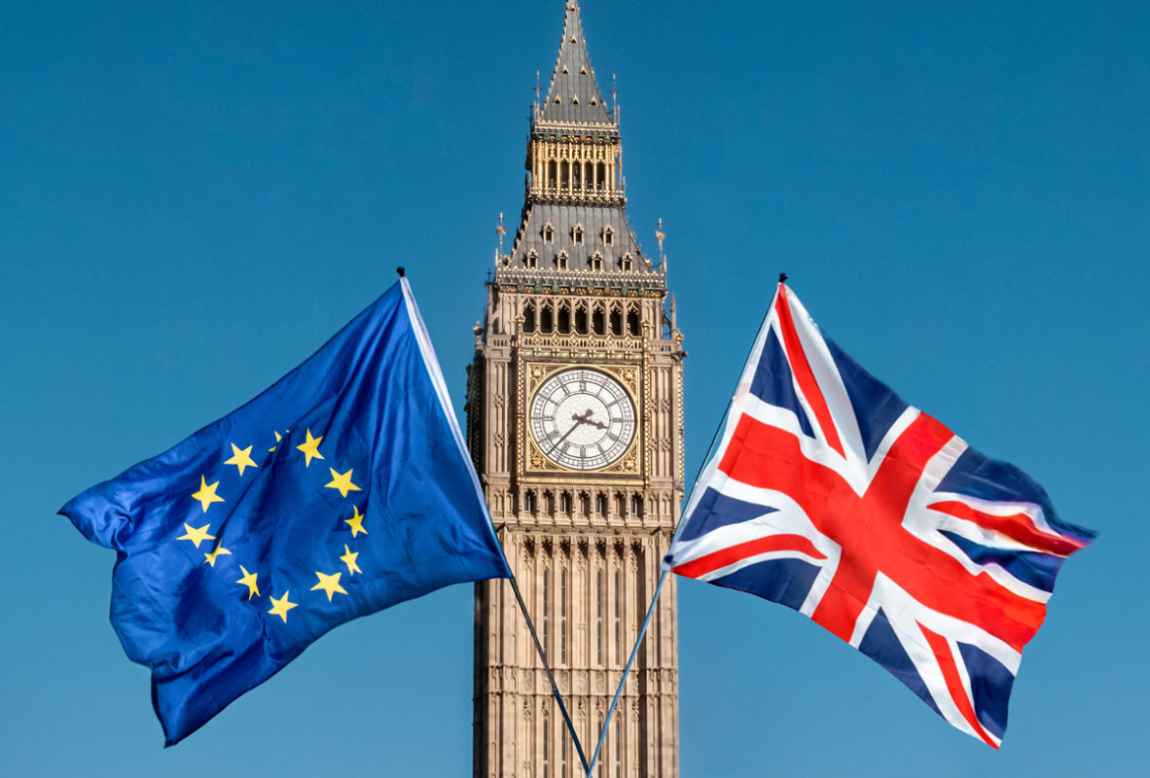Brexit uk

What Spanish companies should do in the face of the imminent arrival of Brexit
Time is running out and the feared Brexit is about to run The Spanish Tax Agency shows concern for the more than 30,000 Spanish businessmen who will be affected by the measure that will take the United Kingdom out of the community game from 31 October.
Everyone is waiting for a Withdrawal Agreement in the House of Commons on 19 October, but negotiations seem to be stalled. If no agreement is reached, the sovereign Westminster Parliament demands, through the Benn Act, that the government ask Brussels for a further extension to execute the Brexit.
Faced with unclear rules of the game, Spanish companies have to prepare for any scenario, especially for the exit without agreement. "If an exit agreement is not reached that includes a transitional period, that exit will mean that, from 1 November, the United Kingdom will abandon the single market and the customs union," says the letter that the Tax Agency has sent to Spanish companies that have commercial relations with the United Kingdom. The figure exceeds 30,000 companies.
Guidelines for preparing
1- If your company has a business relationship with the UK, you should understand that the business relationship will undergo some changes. Even if you reach a Withdrawal Agreement, it will not be the same relationship as with a Member State of the European Union. This will affect the area of customs formalities such as: customs duties, prohibitions or restrictions on goods from the UK, import or export certificates, VAT, etc., as well as legal terms and business models.
2- When the Brexit enters into force, your company must be identified for customs purposes with a registration and identification number (EORI no.). If the company has been operating in the UK, it has already been assigned its own. You can consult it at https://www.agenciatributaria.es/AEAT.internet/Inicio/La_Agencia_Tributaria/Aduanas_e_Impuestos_Especiales/_Presentacion/Brexit/_INFORMACION/Informacion_de_interes/Informacion_de_interes.shtml
3- Identify your responsibilities in the supply chain. If you buy goods in the UK, after withdrawal from the EU, that purchase will be treated as an import.
4- Costs in your business relationship may also be affected. This is mainly due to new tariffs or customs formalities. They have to review contracts and regulations in this area. There is a big difference between moving goods within the European Union and outside it. In terms of trade, the United Kingdom will join the group of third countries. For more information you can consult this customs guide for companies after Brexit. https://publications.europa.eu/es/publication-detail/-/publication/07e78f49-4adb-11e9-a8ed-01aa75ed71a1/language-es/format-PDF/source-search
5- If your activity requires certificates or permits they may not still be valid for the EU when the Brexit is executed. Check these legal aspects and the changes to come.
6- Remember that there are a number of prohibitions and restrictions on goods to be imported or exported from the EU to third countries. Some products are subject to special notifications and permits. You must take all measures to respect and comply with these regulations.
For more information to verify we recommend this checklist for companies before the Brexit. We also leave you this link where you can access more than 18 links that will prepare you for the implementation of the Brexit. https://www.agenciatributaria.es/static_files/AEAT/Aduanas/Contenidos_Privados/Brexit/brexit_preparednessESP.pdf








Share your article